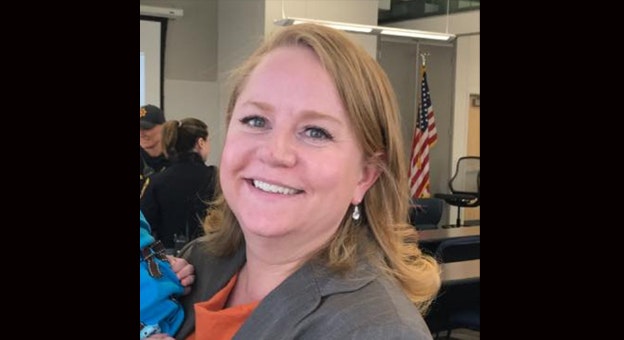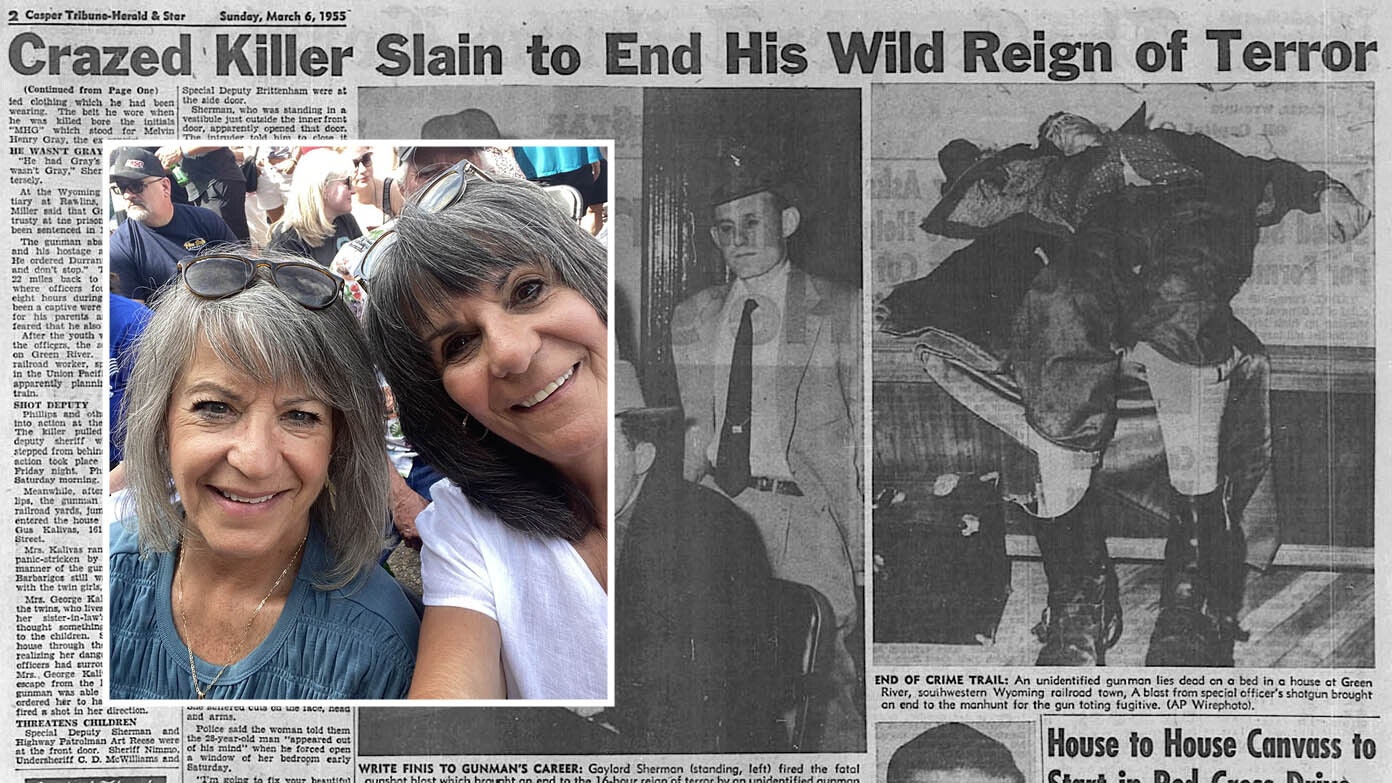Management of the Laramie County District Attorney’s office is the job of District Attorney Leigh Anne Manlove and is not subject to review by the board that oversees the activities of Wyoming’s attorneys, she said this week.
In addition, some of the allegations raised by a formal complaint filed with the board were already addressed by the Wyoming Supreme Court when it refused in January to suspend Manlove’s license as requested by a special bar counsel, according to her response to the complaint.
Manlove, in her response to the formal complaint filed against her with the state Board of Professional Responsibility, asked that the complaint filed by Special Bar Counsel W.W. Reeves in June be dismissed, in part because the BPR has no authority over how she runs her office.
“Using the Wyoming system for lawyer discipline to prosecute the elected Laramie County District Attorney based on complaints from the bench about what are essentially office management issues involving the inner workings of the district attorney’s office which are within the district attorney’s managerial discretion violates the principle of separation of powers set forth in (Wyoming’s Constitution),” she said in her 41-page response.
Reeves, in his report, recommended that a disciplinary hearing be held for Manlove to address a list of alleged violations of rules governing the actions of attorneys that showed she could not competently perform the duties of her office.
The report accused Manlove of a number of items, including exaggerating budget pressures faced by her office to justify the dismissal of almost 1,000 cases in circuit and district courts in Laramie County. It also referenced a letter written by the county’s circuit and district court judges in which they expressed concern that “Manlove’s personnel management and caseload management cause prejudice to the administration of justice in Laramie County.”
But Manlove, in the response filed Tuesday with the Wyoming Bar Association, said she was managing her office in a manner to avoid overloading her staff with cases in accordance with American Bar Association standards.
“The charging decisions/requests for dismissal (Manlove) has made in the face of limited resources find support in the ABA standards …” her response said. “Neither the judges’ complaint letter nor the formal charge contain facts sufficient to second-guess (Manlove’s) exercise of her considerable prosecutorial discretion.”
Manlove said her office, along with other state agencies, saw its budget reduced significantly in September 2020, while caseloads continued to rise.
The number of misdemeanors handled by the office in 2020 increased by 1,198% since 1995, Manlove said, while the number of felony cases has increased by 131% and there has been no increase in the office’s staff.
Manlove cited the budget constraints in a letter in September 2020 sent to Laramie County officials explaining that her office would be reducing the services it provided. The contents of the letter were then included as part of motions to dismiss cases in court.
In her response, Manlove reiterated that as district attorney, she has discretion over which cases to pursue and which to dismiss.
The formal complaint combined elements of three separate complaints against Manlove, one based in part on the letter from the judges and two based on complaints stemming from the release of two men accused of dangerous crimes.
Manlove said the part of the complaint stemming from the judges’ letter echoed allegations raised in December, when Bar Counsel Mark Gifford asked the Supreme Court to suspend Manlove’s license to practice law because of what he called “two years of tumultuous conduct by (Manlove) that demonstrates the threat posed by (Manlove) (to) the effective administration of justice …”
But the Supreme Court, without comment, denied the request.
“This court … concludes the petition for immediate suspension should be denied,” said the court’s Jan. 26 order.
The complaint also accused Manlove’s office of failing to submit papers to circuit court in time to bring formal theft charges against Andrew Weaver, who was released from jail as a result. Five days later, he was accused of killing two people in a Cheyenne shooting.
But Manlove noted the paperwork’s delivery was delayed in part because circuit court was operating on a limited schedule during the week in question. She also added that even if Weaver had been formally charged, he would have been eligible for bond and could have been released in any case.
In the two cases where Manlove was accused of making deals that resulted in the release of men accused of dangerous crimes, she said the case of one of the men is ongoing and he has another court appearance scheduled for August, while the second man actually remains in jail.
Manlove concluded that the charge and its allegations “fail on their face to reasonably reflect proof by clear and convincing evidence” that she violated any rules of conduct for lawyers.





